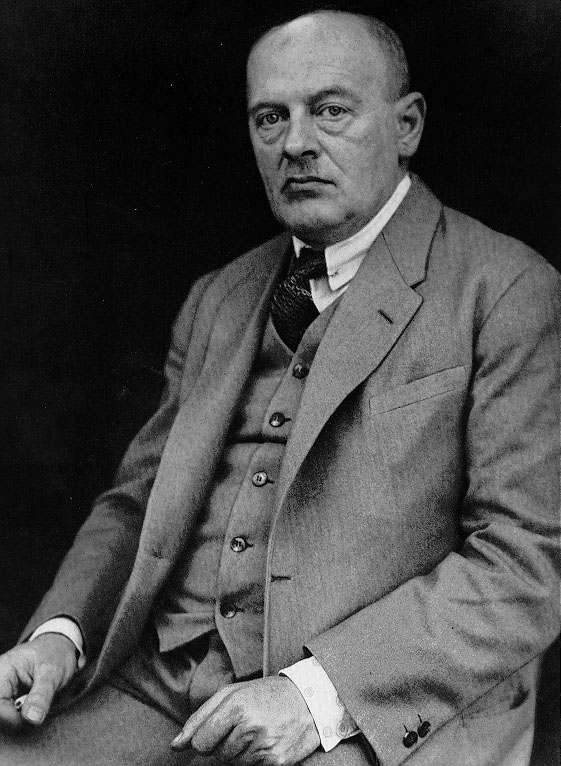Zdroj: Das Ressentiment im Aufbau der Moralen (1912), L. Coser, trans. (1961), p. 98
Max Scheler: Citáty v angličtine
Zdroj: Das Ressentiment im Aufbau der Moralen (1912), L. Coser, trans. (1973), pp. 55-56
Das Ressentiment im Aufbau der Moralen (1912)
Zdroj: Das Ressentiment im Aufbau der Moralen (1912), L. Coser, trans. (1973), p. 51
Zdroj: Das Ressentiment im Aufbau der Moralen (1912), L. Coser, trans. (1973), p. 73
Other disputes can be settled, but not this! Goethe knew, for his rich and great existence was the ideal target of ressentiment. His very appearance was bound to make the poison flow.
Das Ressentiment im Aufbau der Moralen (1912)
Das Ressentiment im Aufbau der Moralen (1912)
Das Ressentiment im Aufbau der Moralen (1912)
Zdroj: Das Ressentiment im Aufbau der Moralen (1912), L. Coser, trans. (1973), p. 67
Zdroj: Das Ressentiment im Aufbau der Moralen (1912), L. Coser, trans. (1973), p. 67
Das Ressentiment im Aufbau der Moralen (1912)
Zdroj: Das Ressentiment im Aufbau der Moralen (1912), L. Coser, trans. (1961), p. 97
Zdroj: Das Ressentiment im Aufbau der Moralen (1912), L. Coser, trans. (1973), pp. 62-63
Zdroj: Das Ressentiment im Aufbau der Moralen (1912), L. Coser, trans. (1973), pp. 67-68
Zdroj: Das Ressentiment im Aufbau der Moralen (1912), L. Coser, trans. (1961), p. 97
Das Ressentiment im Aufbau der Moralen (1912)
The establishment of “criteria” for testing the correctness of opinions then becomes the most important task. Genuine and fruitful criticism judges all opinions with reference to the object itself. Ressentiment criticism, on the contrary, accepts no “object” that has not stood the test of criticism
Zdroj: Das Ressentiment im Aufbau der Moralen (1912), L. Coser, trans. (1973), pp. 67-68
I am referring to the view that the “true” and the “given” is not that which is self-evident, but rather that which is “indubitable” or “incontestable,” which can be maintained against doubt and criticism.
Zdroj: Das Ressentiment im Aufbau der Moralen (1912), L. Coser, trans. (1973), p. 67
